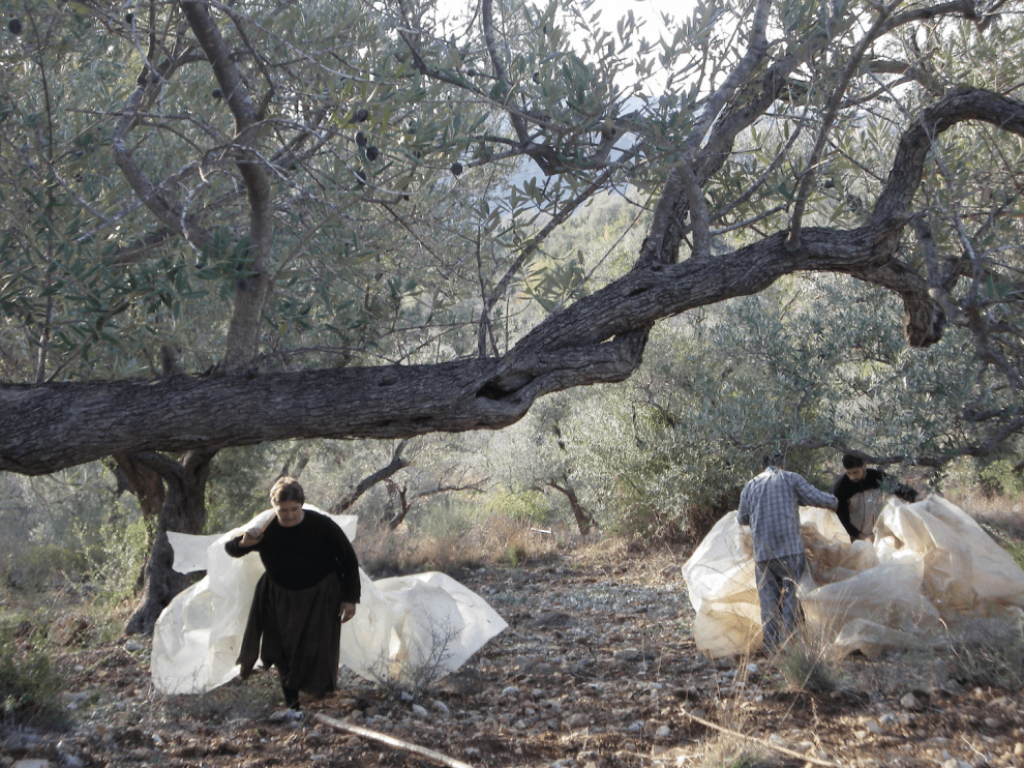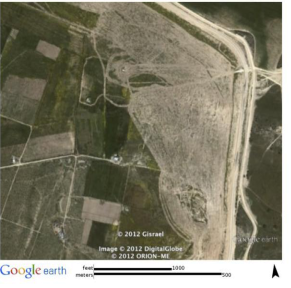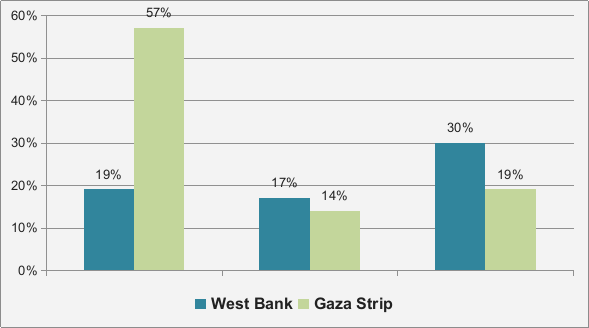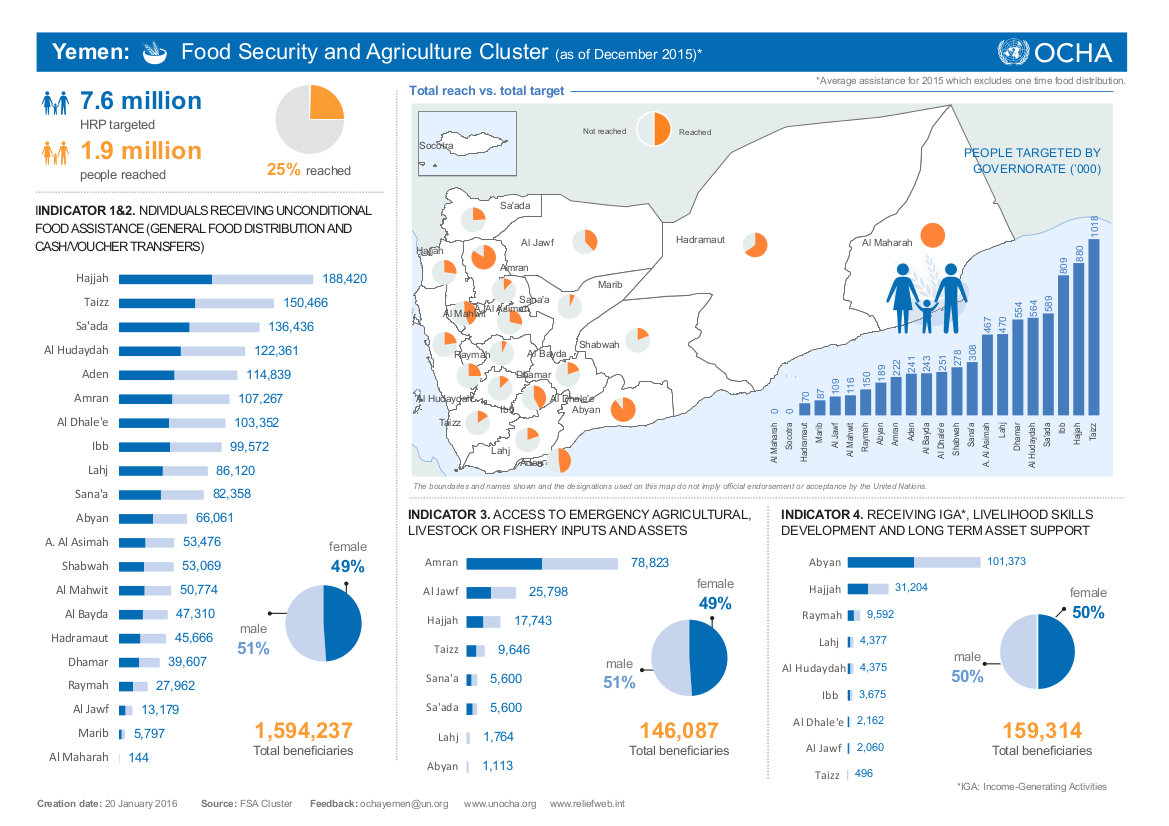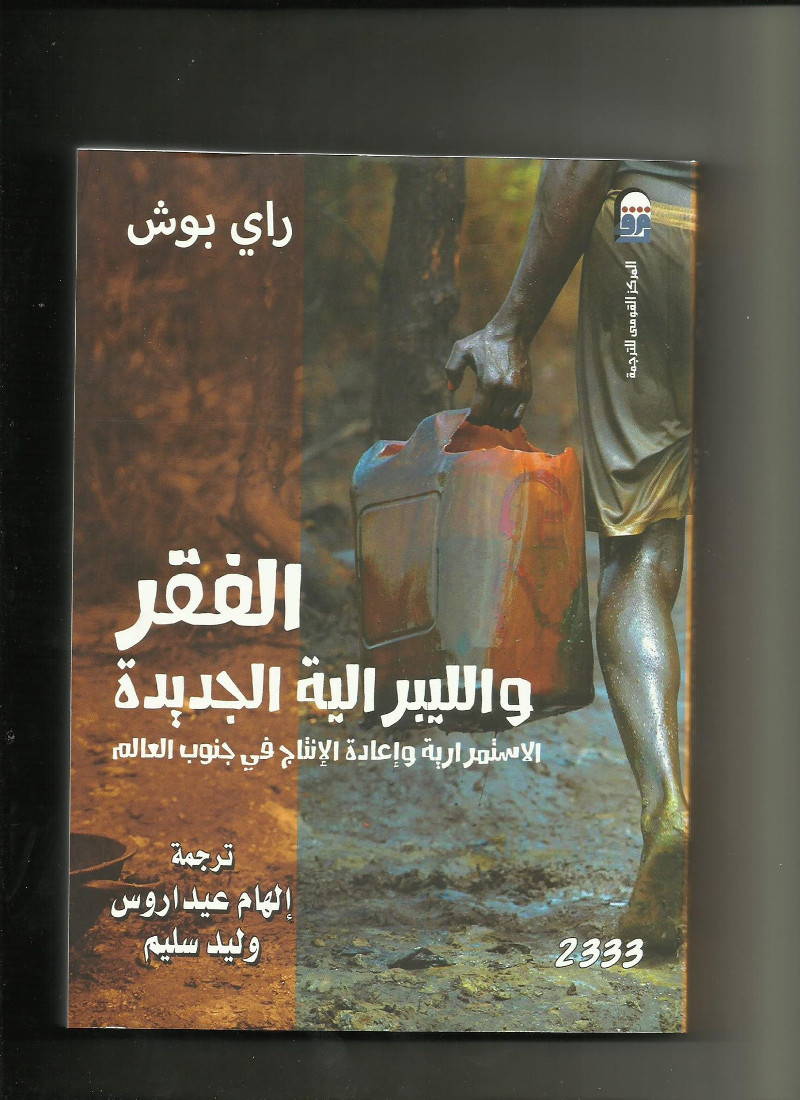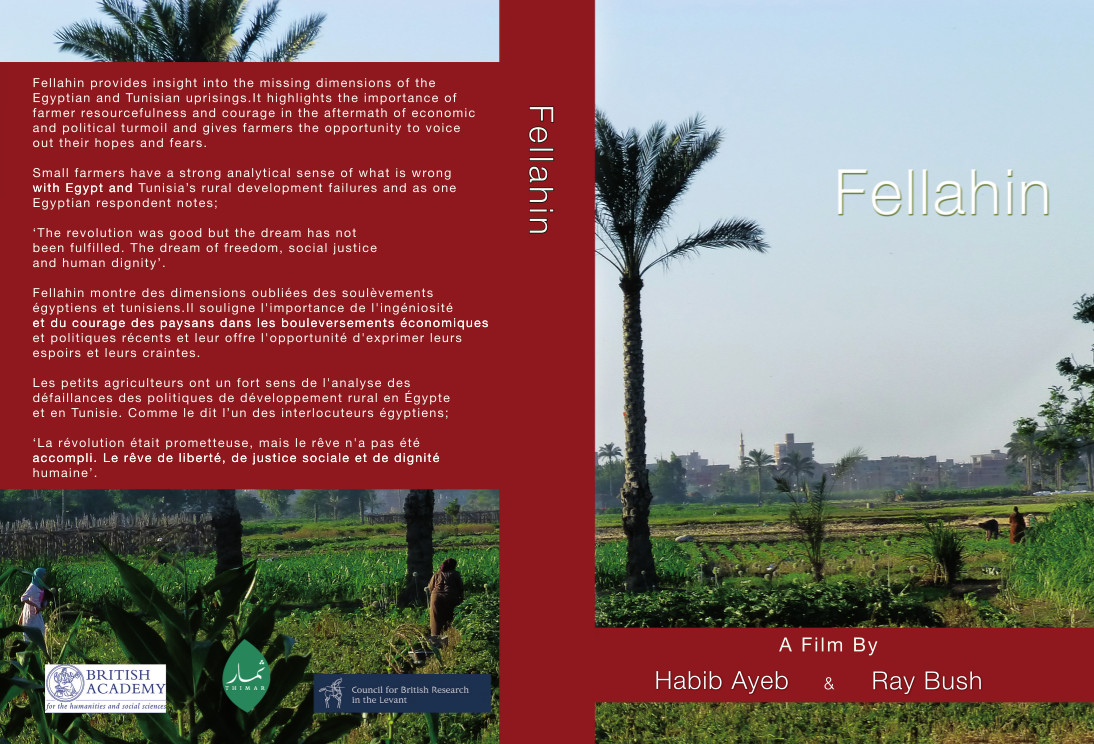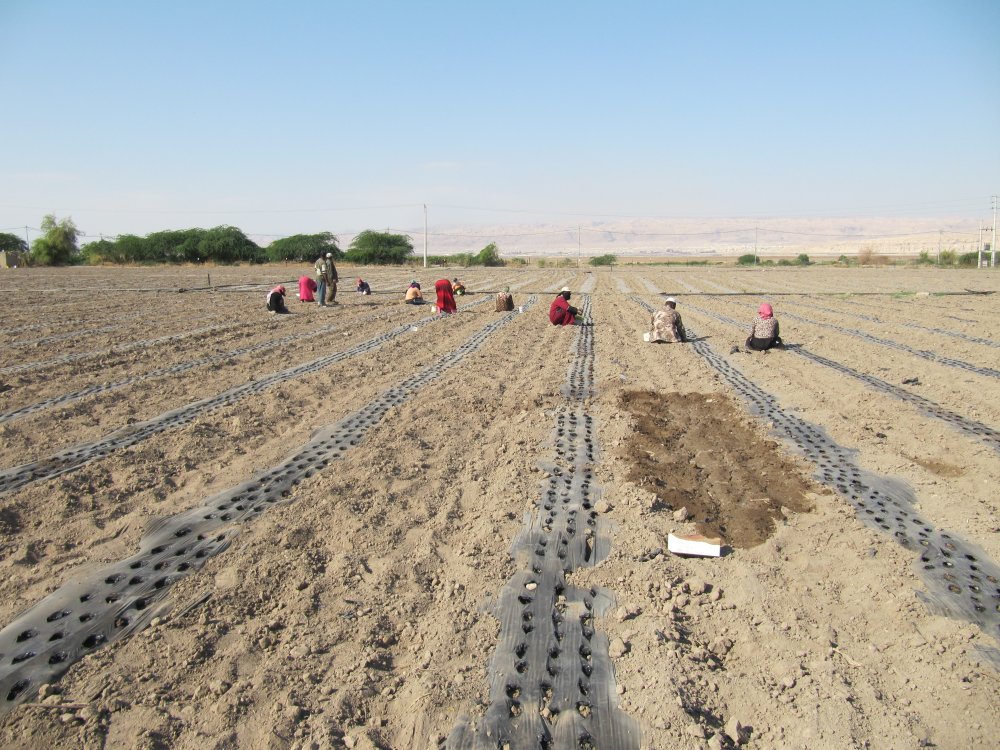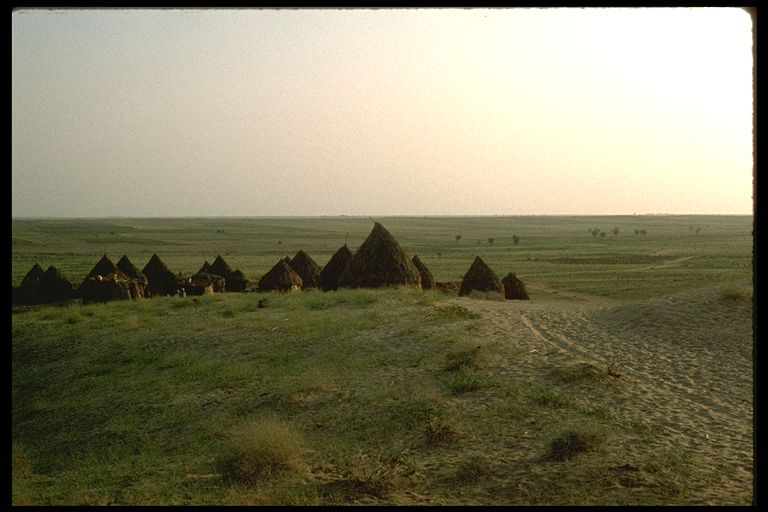Nubians and development: 1960-2014
American University of Cairo, Master
Thesis Abstract: (Full text)
From the Aswan dams of the early twentieth century to the ambitious "Toshka" project of today, Egyptian Nubians have watched their former land transform under the rubrics of progress, modernization, and development for over one hundred years. While these mega-projects position themselves as necessary for the greater Egyptian good, their tangible effect on the ground is less clear. For Nubians who lost their homes, lands, and traditional livelihood due to resettlement, the price of development is even higher, posing important questions about the real value of these schemes. This thesis project offers a critical look at the concept of development, using the example of Egypt’s Nubians to understand how this discourse is written, narrated, and practiced on the ground. By framing development as a discourse – that is, an “interwoven set of languages and practices” – this research engages with scholarship that sees development as “a modernist regime of knowledge and disciplinary power” (Crush, 1991). The discourse of development is a distinctly modern product, embedded in a web of related concepts including poverty, production, the notion of the state, and equality (Sachs, 1992). As the critical literature on development shows, this discourse has a historical context, rooted in twentieth-century interactions between western colonizers and their colonies (Esteva, 1992). Development, as a means to increase productivity while also civilizing colonies, allowed colonizers to contain social and political challenges in the waning years of rule. Beginning in the Nasser period in Egypt, my project demonstrates how post-colonial regimes appropriate the discourse of development for similar aims. As Toby Jones shows in his study of Saudi Arabia, state power over land and resources, and the ability to manipulate those resources at will, goes “hand in hand with the power to determine, govern, and police the territoriality of the nation-state, and thus the sovereignty of the state itself” (Jones, 2010). For Egyptian president Gamal Abdel-Nasser, constructing the Aswan High Dam allowed not only for the control of water and electricity, but also for a bold display of sovereignty in the wake of ongoing British intervention. Building on Michel Foucault's concept of "governmentality," my project shows how increasing state control of land and resources also translated into increased control of populations and people. Drawing from the archives of the 1961-1963 SRC “Nubian Ethnological Survey,” this research shows how Egyptian state forces brought Nubians increasingly under the administrative fold of the state, using the language of development and increased state services to obscure the political and social risk of mass displacement. In addition to state-produced development discourses regarding Egypt’s Nubians, this project looks at the role of international development organizations in consolidating state authority under the auspices of development. From the Nasser period until today, international development organizations have played an enormous role in dictating the terms of Nubians’ relations to the state. Operating under the pretense of rational and unbiased expertise, organizations such as the United Nations Development Program (UNDP), the World Food Program (WFP), the World Bank, and many others have been able to maintain powerful economic and political stakes in Egypt (Mitchell, 1995). As my research shows, this power often comes at the expense of the “objects” of development, such as Egypt’s Nubians. Using the example of several recent development schemes – spearheaded by international organizations – aiming to resettle "Old Nubia" (what is now Lake Nasser and its surrounding environs), this analysis demonstrates how the language of equality and development continues to side-step Nubian demands to return to their former home. This research complicates notions of development, emphasizing the over-arching political and economic considerations that dictate its terms. It also presents a picture of how the “objects” of development experience this complex web of languages and practices on the ground, challenging development’s inherent claims to progress and improvement. At the same time, this project highlights how Nubians themselves use development discourse as a strategy for making claims to the state. If, as development literature suggests, states use the ostensibly neutral language of development to obscure fundamental social and political issues, is it possible to argue the same for Nubians? Given the deeply politicized nature of the “Nubian issue” in Egyptian society today, this research suggests that Nubians use the language of development as one of many tactics to articulate demands to the state. My project proposes that by co-opting the international language of development, Nubians can advocate their claims using frameworks that avoid modern state insecurities towards minorities and indigenous inhabitants.

